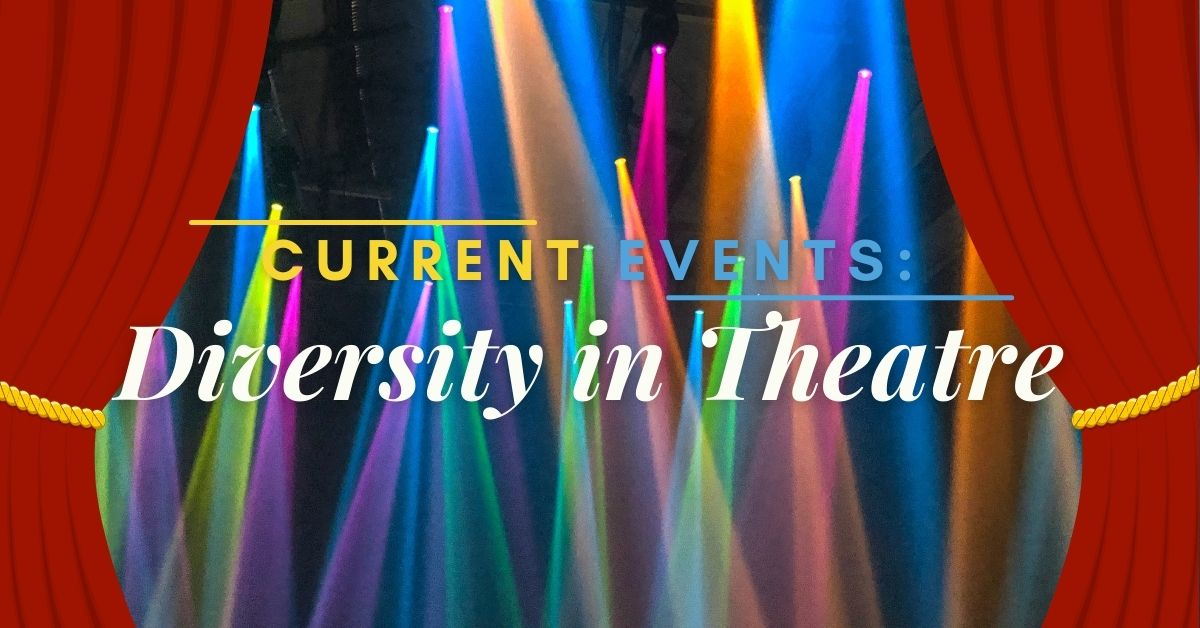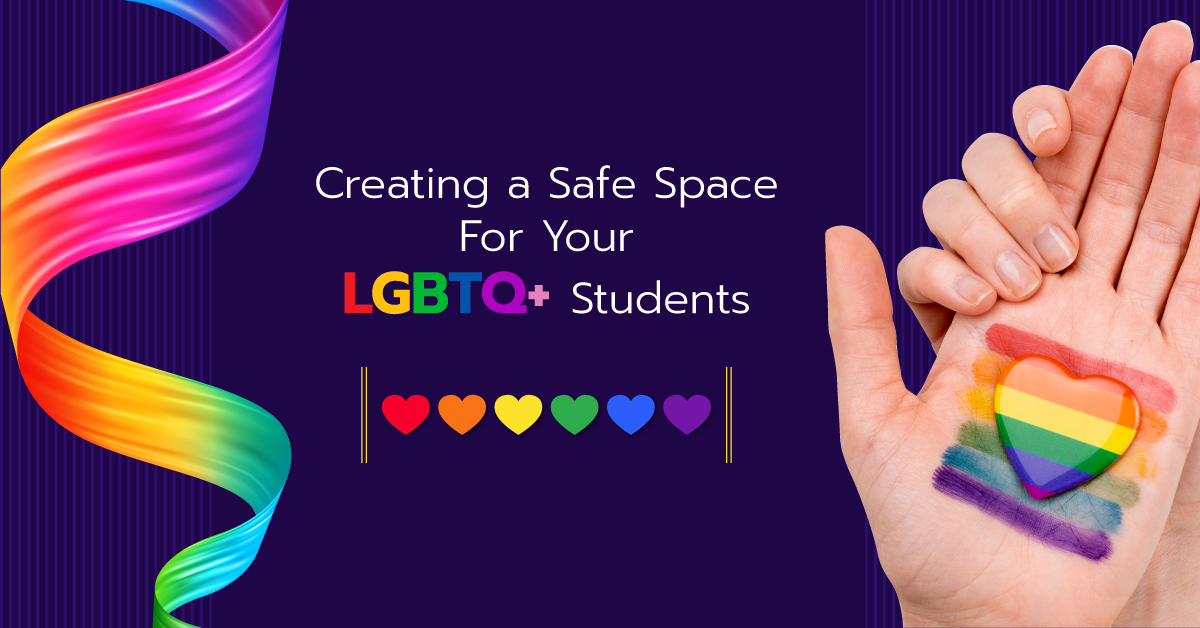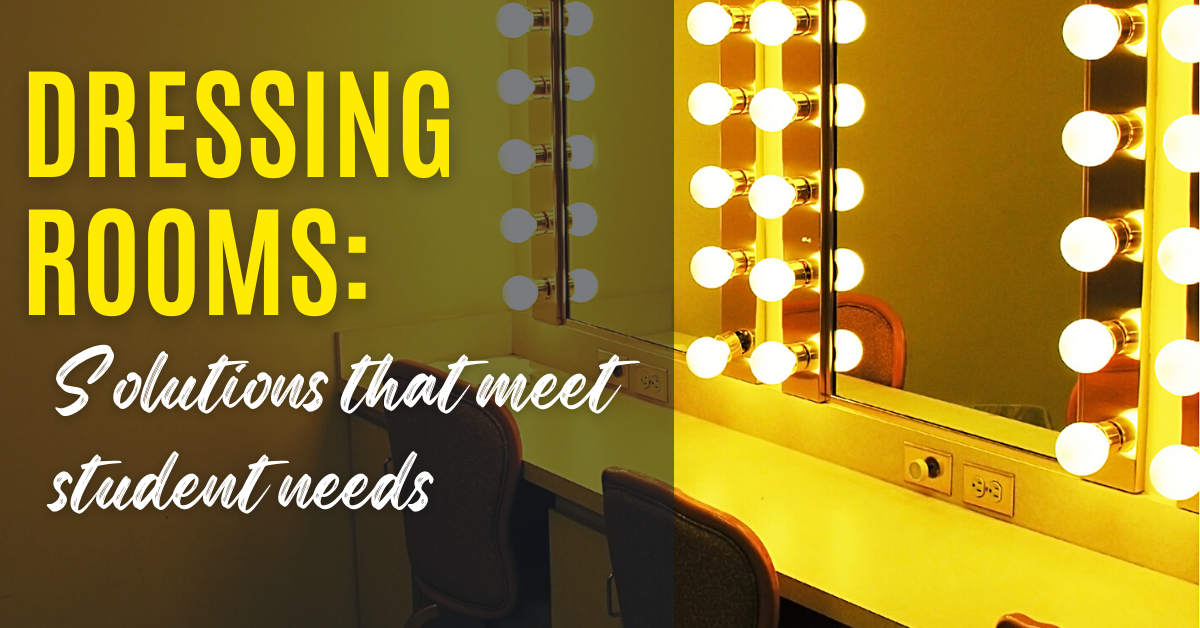Current Events: Diversity in Theatre Lesson
The following lesson was created for students to discover, appreciate, and display respect for diverse, real-life issues and events in the theatre world. It can be done live in class, assigned as homework, or as part of distance learning. You may wish for students to submit this as a written assignment or create an oral presentation from the information.
Instructions:
1. Students will complete an online search for a current event in the theatre world where diversity is the focus. This event could be expressed as a written article, a podcast, a video, or another news source.
Topics might include casting choices, opportunities for transgender and nonbinary actors, LGBTQ+ issues in theatre, lack of diversity in current shows being performed, opportunities for performers with disabilities, representation in current theatre productions or in playwriting, diversity in technical and artistic staff roles (not just actors), successes of and accolades for diverse theatre-makers, neurodiversity in theatre, and so on.
Here are some notable events in the last few years that might help get your students on track:
- Brittney Johnson was the first Black woman to be cast as Glinda in Broadway’s Wicked, which premiered in 2003 (2020).
- Ali Stroker was the first performer who uses a wheelchair to win a Featured Actress Tony Award, but had to be seated backstage during the category presentation and could not join her castmates onstage during their Best Revival of a Musical win because there were no ramps available in the theatre (2019).
- Mj Rodriguez, a Black, transgender actress, was cast as Audrey (traditionally cast as a white, cisgender actress) in Little Shop of Horrors at the Pasadena Playhouse (2019).
- Beaumaris Theatre (Australia) canceled their production of Little Shop of Horrors after accusations of whitewashing (2021); this follows a similar incident when a different Australian company cancelled their production of In the Heights due to the same complaints (2017).
If students are having difficulties finding articles specifically about theatre, you may wish to permit them to include events in television or film as well.
2. Have students respond to the following questions as either a written response or a oral presentation:
- What event did you choose and why? What format is your event expressed in (written article, podcast, video, or other news source)?
- Identify the main focus of the author(s). What is the heart of the issue being presented? Summarize it in your own words in one sentence. Why is this topic important?
- What is the tone? Is it informational, inspirational, biased, accusatory, critical, uplifting, gossipy? What do you think the author’s intention is, based on the way they presented the information? Is it effective? Why or why not?
- Is there a call to action? Consider how the information brings awareness to the issue in the theatre world going forward, or how the issue could have been improved or fixed. If there isn’t a call to action, create one. What do you think it could be?
3. Discuss afterward. What did students learn? What surprised them? What could students do in the classroom or upcoming productions to address the issues raised?



